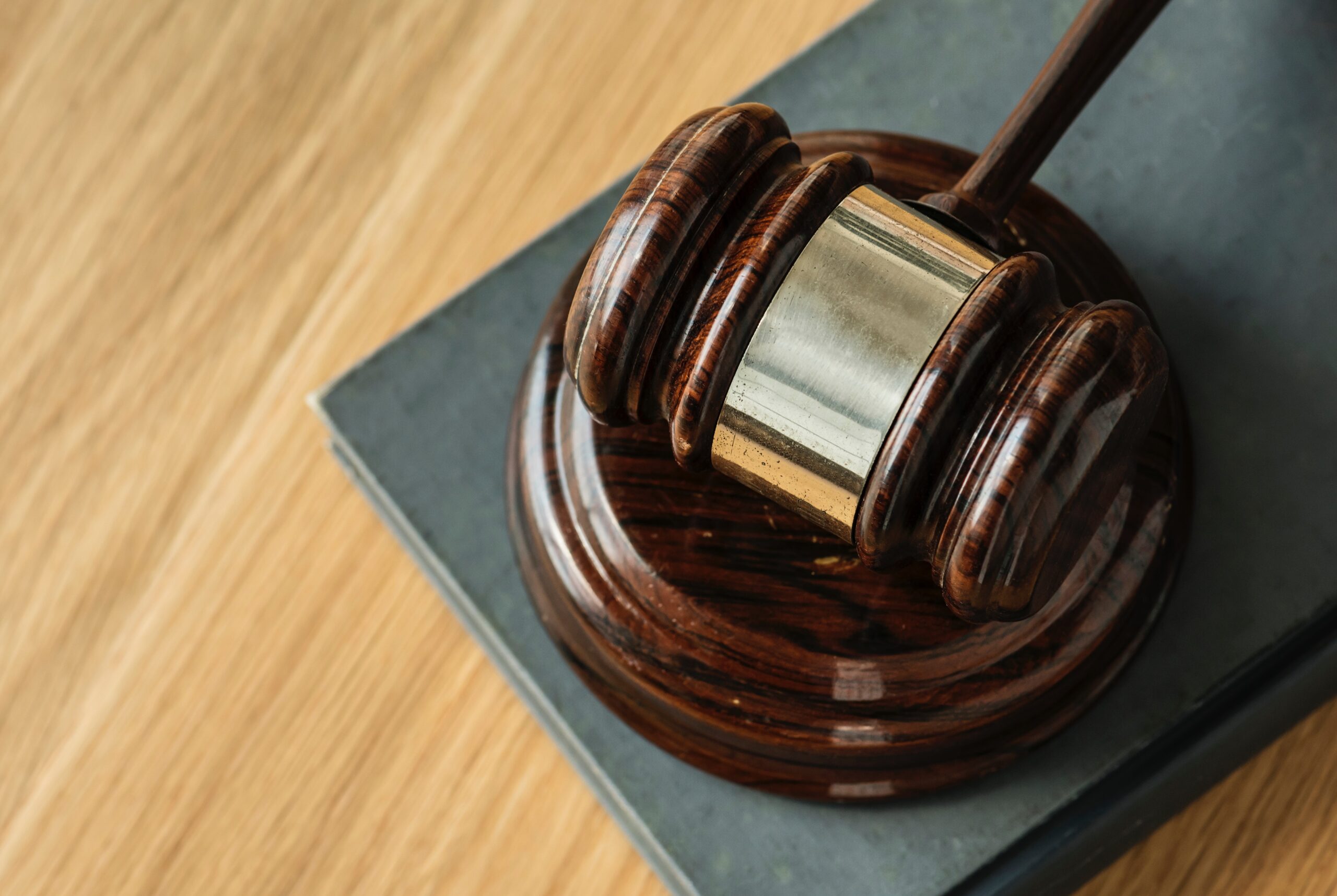
Upon filing for divorce, couples will have to think about how they want to decide on marital issues before the divorce is made final. Marital issues need to be decided on in order to have a successful divorce process. These issues consist of child custody, child support, alimony and the division of assets. The division of assets can be complicated due to the number of possessions and the value of them. Cases will need to decide what assets are marital property and separate property. Some couples may have a high net worth or just one spouse may, which can further complicate the matter. Other couples may have a prenuptial or postnuptial agreement in place that has already decided some of the assets that are in control of one particular spouse.
Separate property may be exempt from the process of dividing the assets between the spouses. Assets and debts that were acquired by these individuals before their marriage was made legal are not subject to division since it was before they were officially made a married couple. However, marital property can be brought into the division. This property is acquired during the time when the couple was legally married.
How is equitable distribution used to separate the property?
The state of New Jersey uses the concept of equitable distribution to decide on the division of assets between divorcing spouses. Through this concept, it determines how many assets should go to each spouse. This can also take into account the value of the possession. Through equitable distribution, assets are distributed to each spouse in a fair and just manner. This does not mean that the assets are divided equally between the two individuals. It is at the judge’s discretion to decide how the assets are divided. Judges will take into consideration a few factors when deciding how to divide possessions. These factors can include the duration of the marriage, the value of the property, the acquisition of the assets, age and health, contribution to the marital property, economic circumstance, possible tax consequences and debts and liabilities.
Can mediation divide assets?
If couples decide to go through divorce mediation, they can divide their assets during this process. They can meet with a third party mediator to guide the conversation along to reach conclusions. In this atmosphere, the individuals may be able to acquire possessions that they value as an individual. They can be more open and honest with each other in this private setting. Since a judge is not the one making the decisions, it may result in a more favorable outcome. However, mediation is not for everyone since it requires the cooperation of both parties.
If you require strong legal representation for matters of divorce and family law in New Jersey, contact The Law Offices of Paone, Zaleski & Murphy to schedule a consultation with one of our experienced attorneys today.

